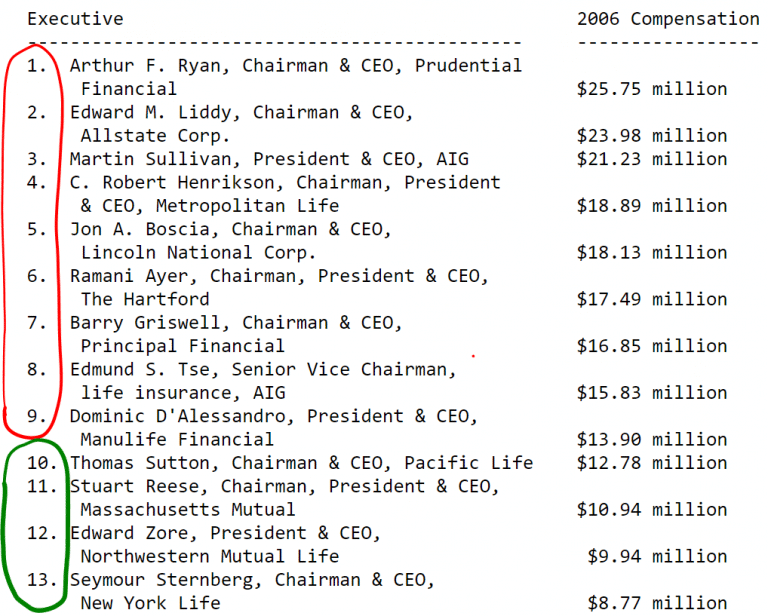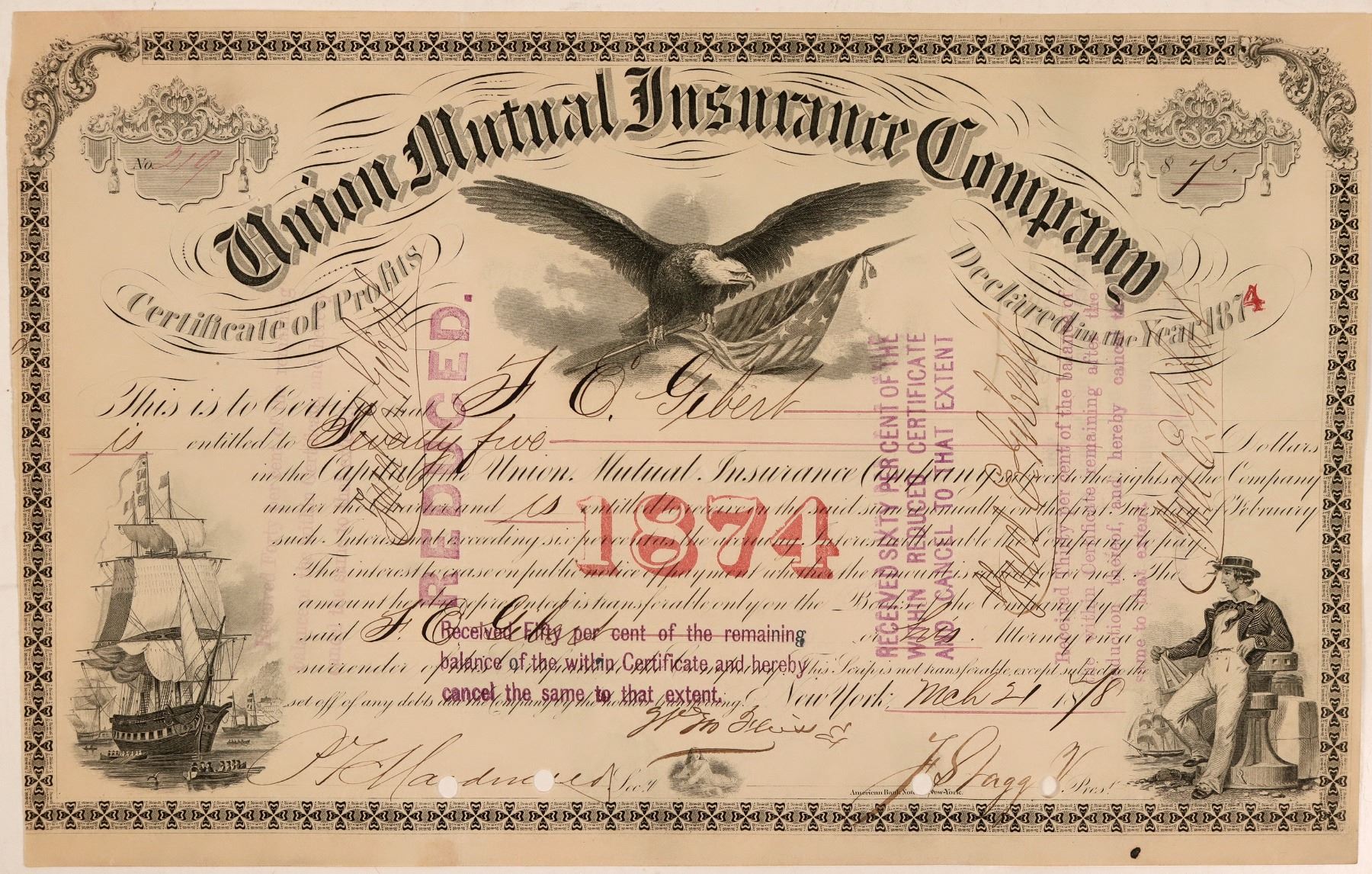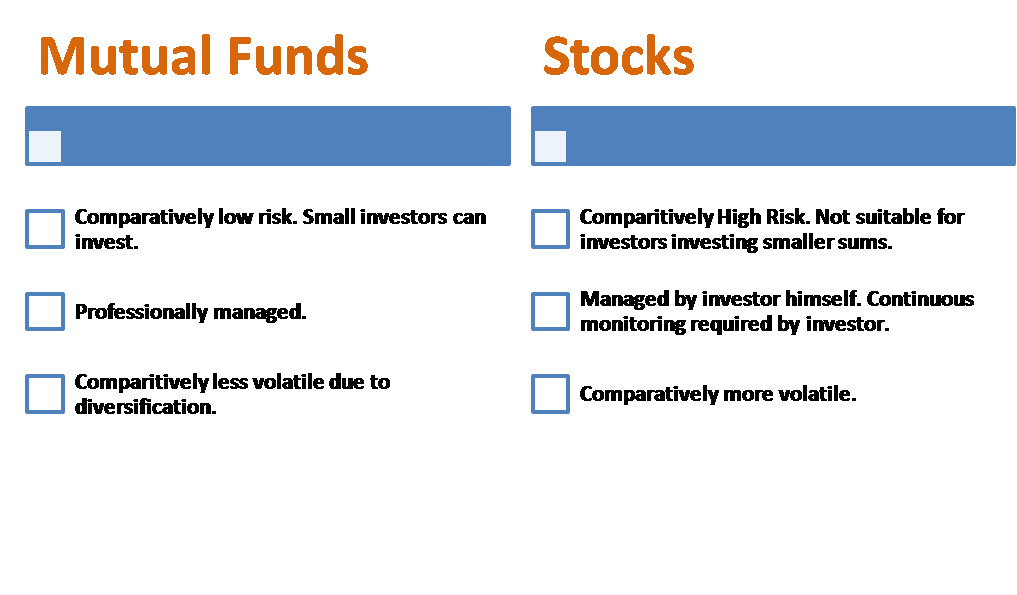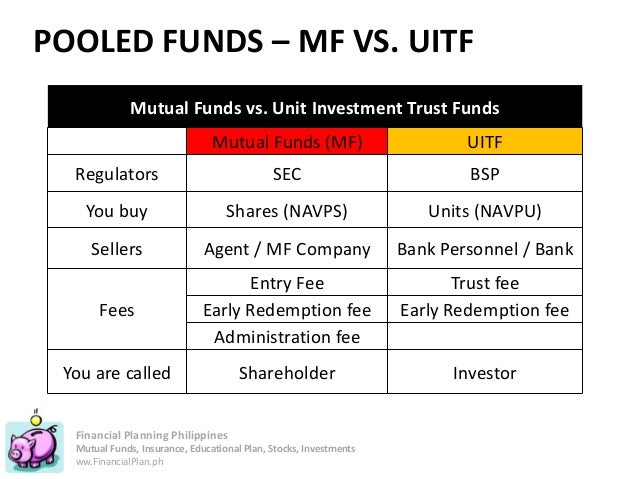Mutual insurance vs stock insurance Idea
Home » Trend » Mutual insurance vs stock insurance IdeaYour Mutual insurance vs stock insurance images are available in this site. Mutual insurance vs stock insurance are a topic that is being searched for and liked by netizens now. You can Find and Download the Mutual insurance vs stock insurance files here. Find and Download all free photos.
If you’re searching for mutual insurance vs stock insurance pictures information related to the mutual insurance vs stock insurance interest, you have pay a visit to the right blog. Our site always gives you hints for seeking the maximum quality video and image content, please kindly hunt and locate more enlightening video content and graphics that match your interests.
Mutual Insurance Vs Stock Insurance. Hence, the agency theoretic prediction is that mutual insurers have lower capitalization than stock insurers. A stock company is looking to maximize shareholder value, so the focus is going to be more tailored to the “what have you done for me lately” operating style. The advantages of a mutual insurance company may be well worth looking at. Ownership of the company mutual insurance companies are solely owned by policyholders, while stock insurance companies are owned by shareholders.
 Mutual Insurance Companies vs. Stock Insurance Companies From bankingtruths.com
Mutual Insurance Companies vs. Stock Insurance Companies From bankingtruths.com
Stock insurance companies can raise capital by distributing shares, whereas mutual. The claim is that mutuality is the natural starting point for a stock insurance company. The main difference between a stock insurer and a mutual insurer is the form of ownership. At least this is what you’ll hear if you let a mutual company employee tell you the story. Best’s recently released 2015 “mutuals at a glance” report is an interesting report on differences between mutual and stock companies in key areas of performance. In truth insurance actually gets the majority of its origins more from fraternals/benefits societies but those are details and who has time for details?
A mutual insurance company is owned by its policyholders, while a stock insurance company is owned by its shareholders and can be either privately held or (1).
A provider of insurance places. The founding purpose of mutual insurance companies is to support their members, and anyone. Ownership of the company mutual insurance companies are solely owned by policyholders, while stock insurance companies are owned by shareholders. Pros and cons _____ life insurance; With a stock insurer (2). They do not have to worry about meeting shareholder targets.
 Source: mylifewithvoguee.blogspot.com
Source: mylifewithvoguee.blogspot.com
Because of this, mutual insurers typically can set lower profit goals than stock insurers, given that they aren’t subject to pressure from outside investors to deliver high returns. The founding purpose of mutual insurance companies is to support their members, and anyone. Stock insurers, other things equal (cummins and nini, 2002). But because there aren’t any stockholders in mutual insurance, the interests of the policyholders are served first. With mutual insurance, the risk is transferred to the organization.
 Source: aegonlife.com
Source: aegonlife.com
Because of this, mutual insurers typically can set lower profit goals than stock insurers, given that they aren’t subject to pressure from outside investors to deliver high returns. They do not have to worry about meeting shareholder targets. But because there aren’t any stockholders in mutual insurance, the interests of the policyholders are served first. This means that its members focus on a single line of business. At least this is what you’ll hear if you let a mutual company employee tell you the story.

What are the benefits of a mutual insurance company? While a mutual insurance company cannot sell stocks to raise capital, they are also not held up to wall street expectations as stock companies are. In truth insurance actually gets the majority of its origins more from fraternals/benefits societies but those are details and who has time for details? With an insurance company, this means policyholders often pay lower premiums than they would for an identical policy from a stock company. The first reason is because i’m fan of guarantees.
 Source: mylifewithvoguee.blogspot.com
Source: mylifewithvoguee.blogspot.com
For instance, stock insurers can raise capital when needed by selling shares in the company, whereas mutual insurers do not have this ability. The claim is that mutuality is the natural starting point for a stock insurance company. The first reason is because i’m fan of guarantees. But because there aren’t any stockholders in mutual insurance, the interests of the policyholders are served first. With mutual insurance, the risk is transferred to the organization.
 Source: mylifewithvoguee.blogspot.com
Source: mylifewithvoguee.blogspot.com
A stock company is looking to maximize shareholder value, so the focus is going to be more tailored to the “what have you done for me lately” operating style. A mutual insurance company is owned by its policyholders, while a stock insurance company is owned by its shareholders and can be either privately held or publicly traded. The founding purpose of mutual insurance companies is to support their members, and anyone. 6 signs you are underinsured. Hence, the agency theoretic prediction is that mutual insurers have lower capitalization than stock insurers.
 Source: tflguide.com
Source: tflguide.com
Mutual companies are owned in part by their clients and customers, so they are supposed to operate in the best interests of their clients. Ownership of the company mutual insurance companies are solely owned by policyholders, while stock insurance companies are owned by shareholders. While a mutual insurance company cannot sell stocks to raise capital, they are also not held up to wall street expectations as stock companies are. With a stock insurer (2). A mutual insurance company is owned by its policyholders, while a stock insurance company is owned by its shareholders and can be either privately held or publicly traded.
 Source: slideshare.net
Source: slideshare.net
6 signs you are underinsured. Hence, the agency theoretic prediction is that mutual insurers have lower capitalization than stock insurers. Stock insurers, other things equal (cummins and nini, 2002). But because there aren’t any stockholders in mutual insurance, the interests of the policyholders are served first. It may be privately held or publicly traded.
 Source: insuranceandestates.com
Source: insuranceandestates.com
Pros and cons _____ life insurance; At least this is what you’ll hear if you let a mutual company employee tell you the story. But because there aren’t any stockholders in mutual insurance, the interests of the policyholders are served first. They do not have to worry about meeting shareholder targets. Ownership of the company mutual insurance companies are solely owned by policyholders, while stock insurance companies are owned by shareholders.
 Source: bankingtruths.com
Source: bankingtruths.com
Most often this is done as a form of raising capital. A stock insurance company is owned by its shareholders. In truth insurance actually gets the majority of its origins more from fraternals/benefits societies but those are details and who has time for details? The claim is that mutuality is the natural starting point for a stock insurance company. Insurance companies are most often organized as either a stock company or a mutual company.
 Source: slideserve.com
Source: slideserve.com
Insurance companies are most often organized as either a stock company or a mutual company. With mutual insurance, the risk is transferred to the organization. What are the benefits of a mutual insurance company? Hence, the agency theoretic prediction is that mutual insurers have lower capitalization than stock insurers. Furthermore, mutual insurance appeals to niche markets.
 Source: youtube.com
Source: youtube.com
The main goal of a mutual insurance company is to maintain enough capital to meet the needs of its policyholders, while the goal of a stock insurance company is to maximize profits for shareholders. The claim is that mutuality is the natural starting point for a stock insurance company. Mutual insurance company vs stocks insurance company the primary difference between the two types of companies is how they plan for the future. But because there aren’t any stockholders in mutual insurance, the interests of the policyholders are served first. The primary purpose for both mutual and stock insurance companies is to provide policyholders with insurance to protect their home, vehicle, business, and farm.
 Source: bankingtruths.com
Source: bankingtruths.com
For most insurance, i don’t really have a preference between a stock company and a mutual company. A stock company is looking to maximize shareholder value, so the focus is going to be more tailored to the “what have you done for me lately” operating style. Mutual companies are owned in part by their clients and customers, so they are supposed to operate in the best interests of their clients. The first reason is because i’m fan of guarantees. The major difference between mutual and stock insurance companies is their ownership structure.
 Source: youtube.com
Source: youtube.com
Oct 21, 2020 — with a mutual insurance company, policyholders may have a voice in voting on management personnel and policy decisions. For instance, stock insurers can raise capital when needed by selling shares in the company, whereas mutual insurers do not have this ability. As mutual insurers’ main source of capital is their policyholders, it would be very difficult to raise additional funding in a limited period of time. Most often this is done as a form of raising capital. They do not have to worry about meeting shareholder targets.
 Source: infinitebanking.org
Source: infinitebanking.org
Mutual insurance companies are owned by policyholders and stock insurance companies are owned by stockholders. In truth insurance actually gets the majority of its origins more from fraternals/benefits societies but those are details and who has time for details? Stock insurance companies can raise capital by distributing shares, whereas mutual. With a stock insurer (2). The primary difference is that with reciprocal companies, the risk is transferred to the other subscribers.
 Source: bankingtruths.com
Source: bankingtruths.com
With an insurance company, this means policyholders often pay lower premiums than they would for an identical policy from a stock company. With a stock insurer (2). The primary difference is that with reciprocal companies, the risk is transferred to the other subscribers. A stock company is looking to maximize shareholder value, so the focus is going to be more tailored to the “what have you done for me lately” operating style. With an insurance company, this means policyholders often pay lower premiums than they would for an identical policy from a stock company.
 Source: slideserve.com
Source: slideserve.com
A stock insurance company is an insurance company that is owned by private investors or shareholders that have purchased stock in the company. Mutual companies are owned in part by their clients and customers, so they are supposed to operate in the best interests of their clients. A mutual insurance company is owned by its policyholders, while a stock insurance company is owned by its shareholders and can be either privately held or (1). A stock insurance company is owned by its shareholders. At least this is what you’ll hear if you let a mutual company employee tell you the story.
 Source: glgamerica.com
Source: glgamerica.com
While a mutual insurance company cannot sell stocks to raise capital, they are also not held up to wall street expectations as stock companies are. The main goal of a mutual insurance company is to maintain enough capital to meet the needs of its policyholders, while the goal of a stock insurance company is to maximize profits for shareholders. As mutual insurers’ main source of capital is their policyholders, it would be very difficult to raise additional funding in a limited period of time. Furthermore, mutual insurance appeals to niche markets. Oct 21, 2020 — with a mutual insurance company, policyholders may have a voice in voting on management personnel and policy decisions.

There is also more internal control on the part of policyholders. For instance, stock insurers can raise capital when needed by selling shares in the company, whereas mutual insurers do not have this ability. A mutual insurance company is owned by its policyholders, while a stock insurance company is owned by its shareholders and can be either privately held or publicly traded. Most often this is done as a form of raising capital. The founding purpose of mutual insurance companies is to support their members, and anyone.
This site is an open community for users to submit their favorite wallpapers on the internet, all images or pictures in this website are for personal wallpaper use only, it is stricly prohibited to use this wallpaper for commercial purposes, if you are the author and find this image is shared without your permission, please kindly raise a DMCA report to Us.
If you find this site serviceableness, please support us by sharing this posts to your favorite social media accounts like Facebook, Instagram and so on or you can also bookmark this blog page with the title mutual insurance vs stock insurance by using Ctrl + D for devices a laptop with a Windows operating system or Command + D for laptops with an Apple operating system. If you use a smartphone, you can also use the drawer menu of the browser you are using. Whether it’s a Windows, Mac, iOS or Android operating system, you will still be able to bookmark this website.
